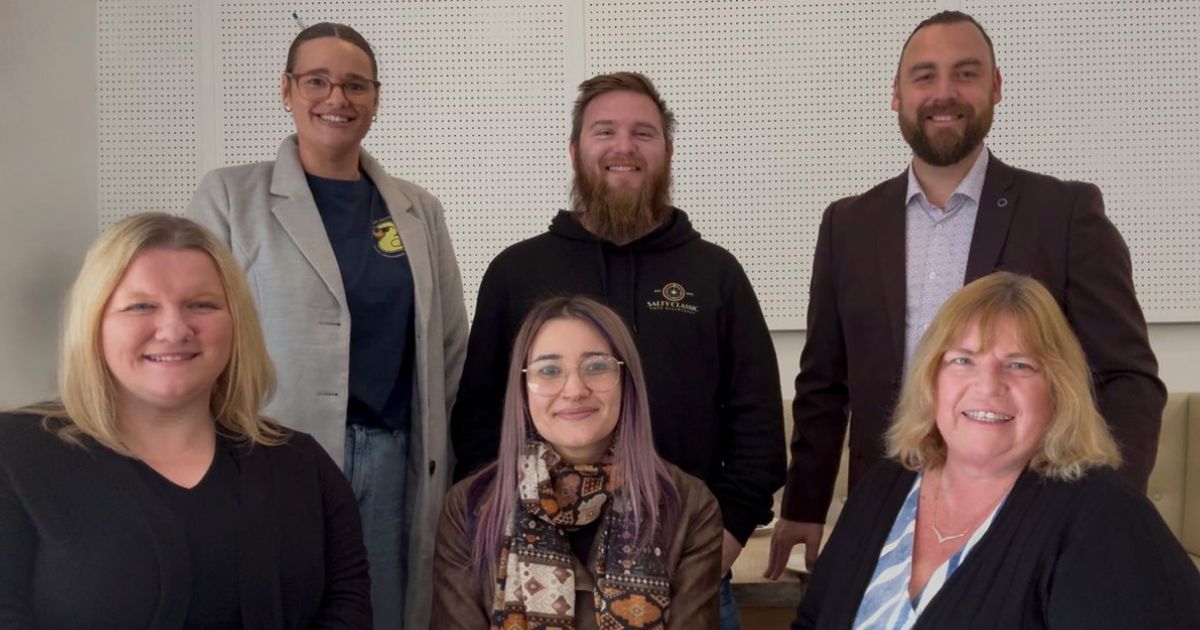Canine companionship combats difficulties at school
A TEAM of four-legged therapists are helping to improve educational outcomes for young people across Geelong.
Run by MacKillop Family Services, the Paw Pals program works with young people aged between 5 and 21 who are either disengaged from education or find it difficult to attend school due to issues such as anxiety or learning difficulties.
The program, which launched in Geelong in 2019, brings together vulnerable young people with therapy dogs and a trauma-informed facilitator, both within and outside of school settings, to help those young people understand their emotions and behaviour, improve their confidence and reconnect with their learning.
It currently supports approximately 15 young people across the region on a term-by-term basis.
Program director Brona Walshe said the interactions between young people and the therapy dogs are dictated by the needs of the children and often take very different forms.
“Mostly we’re teaching young people about relationships and friendships through observing the dogs, taking in their body language, understanding social cues that the dogs are giving us and doing that with the young people who might not be able to read them in their daily interactions with friends and their peers,” she said.
“The therapy dogs provide a level of support that simply isn’t available in schools, helping children who struggle to understand their emotions by developing social and emotional skills and strategies.”
She said dogs were ideal for this form of support work due to their “non-judgemental” and “trusting” nature.
“They teach us so much about the world if we pay attention and listen to them,” Ms Walshe said.
“They automatically help us to decrease our stress.
“[The young people] know that there’s no judgement; there’s no shame. All there is, is positivity and connection with the dogs.”
Ms Walshe said the organisation was “really proud” of the work it does in the Geelong region and was keen to “continue and build on” that work into the future.
The next step for the Paw Pals is the development of an online and face-to-face training program which will allow MacKillop Family Services to expand the program’s impacting, helping to educate and “build an alliance of professionals” who also work with therapy dogs in education settings.
“We’re really, really passionate about the work and we’re also passionate about equity for children who need additional support to access education,” Ms Walshe said.
“There’s not a lot of programs who’ll do outreach or tailored one-to-one [sessions] in school settings.
“We’re really keen to progress this space, but we know we’re limited by distance on how many children we can work with, and we know the need in rural areas is huge.


















